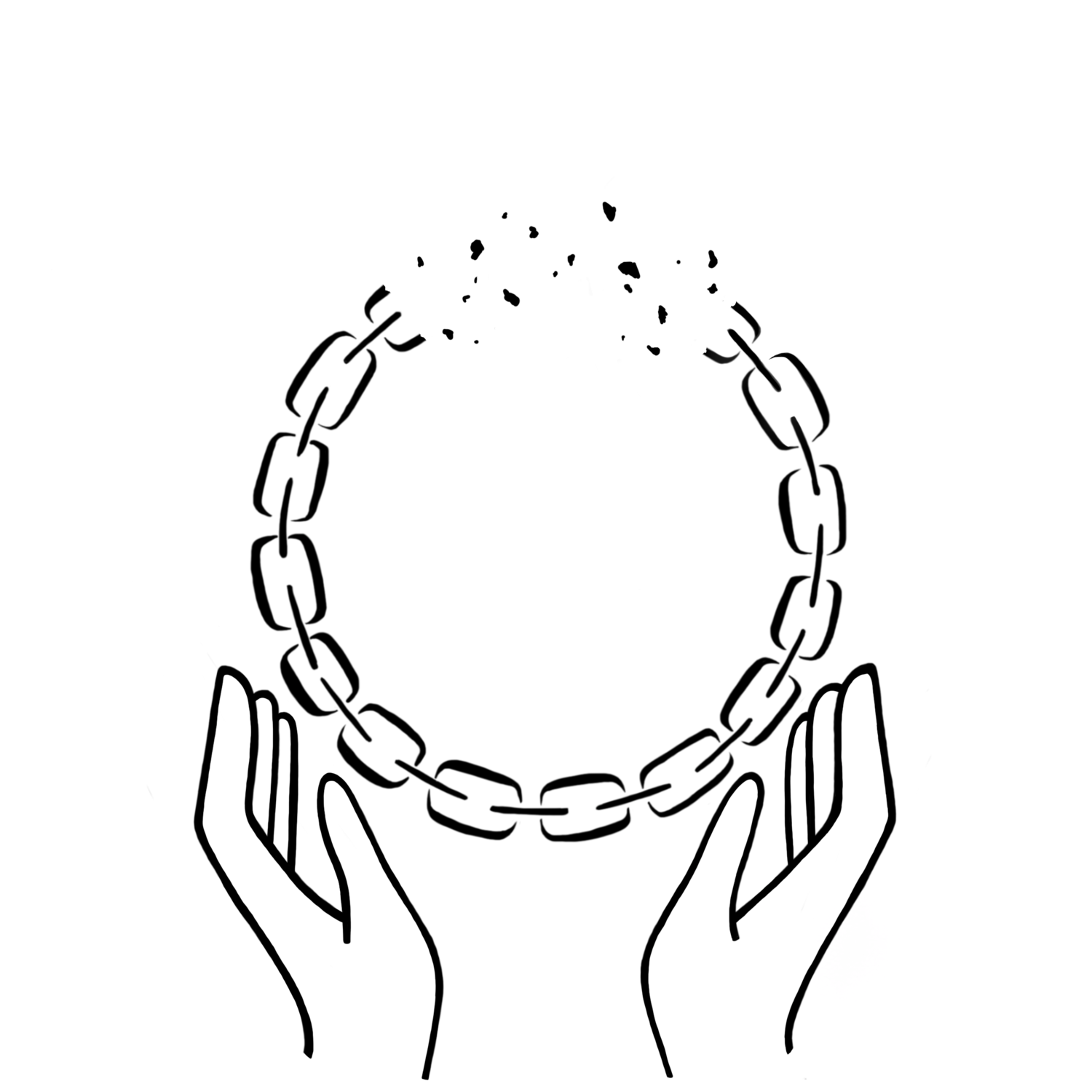Your parole hearing
*Note: this post deals with parole hearings at the Parole Board of Canada only.
Every federal inmate will eventually become eligible for parole, whether serving a sentence of two years plus a day or life. Parole is a type of release that allows you to finish your sentence outside custody as long as you follow certain rules. When an inmate becomes eligible for parole and decides to apply, the Parole Board of Canada will hold a hearing and make a decision about whether an inmate should be granted day parole or full parole. The rules about how the parole process works come from the Corrections and Conditional Release Act, SC 1992, c 20.
If you don’t know whether you or someone you love is eligible for parole, an easy rule of thumb is that you are usually eligible for full parole after you have served one third of your sentence OR after seven years in custody, whichever is shorter. You will be eligible for day parole six months before you become eligible for full parole. There are exceptions to this rule if you are serving a life sentence. When you were sentenced, the judge may have restricted your access to parole as part of your life sentence. If you are serving a life sentence, your Parole Officer should know when you are eligible for parole.
After an inmate becomes eligible for parole, the first stage of the parole process is to submit an application. Applications are available from your institutional Parole Officer. After you submit your application, your Parole Officer will generate a document called an Assessment for Decision or A4D. In the A4D, your Parole Officer will recommend either that you should be released on parole or that you should not be released. Sometimes your Parole Officer may recommend that you be released on day parole but not on full parole. The A4D will discuss your behaviour while in custody, the efforts you have made to address your risk factors, whether you’ve completed required programming, whether your risk of re-offending is manageable in a community setting, and the strength or weakness of your community supports. The A4D may also discuss the impact of your offence on the victim. It may recommend that you be subject to some conditions while on parole, such as not consuming alcohol or not contacting particular people.
The A4D is an important document that the Parole Board of Canada relies on when making a decision at your parole hearing, which will happen after the A4D is produced. You are entitled to have someone appear and speak on your behalf at your parole hearing as an assistant. That person can be a family member or a lawyer. Prison & Police Law often assists with parole hearings, so please get in touch if you want a lawyer’s help.
In addition to the A4D, the Parole Board of Canada will also pay close attention to what you say at your parole hearing, any letters of support you have asked friends and family to submit on your behalf, and any submissions your assistant makes. Victims are also entitled to be present at parole hearings. At the hearing, the Parole Board of Canada will likely ask many questions about your remorsefulness and accountability. They may wish to know what steps you have taken to ensure that the behaviour which led to your offence does not recur. You should not address a victim directly if a victim is present, but it is appropriate to express your remorse generally for any harm that occurred.
The Parole Board of Canada will usually pause the hearing for a few minutes to make a decision, and then tell you whether you are approved for day parole or full parole. You will receive a written decision shortly after the hearing. If you do not get the decision you wanted, you will have three months to appeal the decision to the Parole Board of Canada—Appeal Division. Prison & Police Law is also happy to assist with parole appeals.
Hiring a lawyer is not a requirement for either parole hearings or parole appeals. However, if you feel the Assessment for Decision or the Parole Board’s approach to your situation is unfair, a lawyer can help ensure the process is fair to you. In addition, if the Parole Board asks you any questions during your hearing that you aren’t sure how to answer, you can ask for a break to speak to your legal counsel.
Visit the Services and Fees page for more information about what we charge, and reach out if you’d like to schedule a consult.
